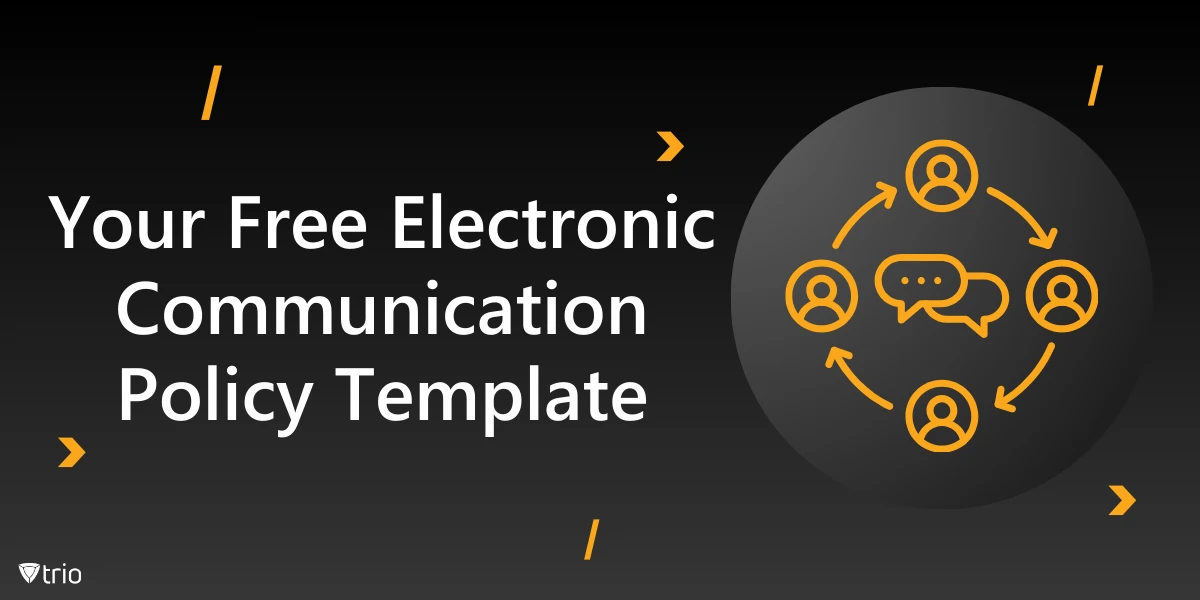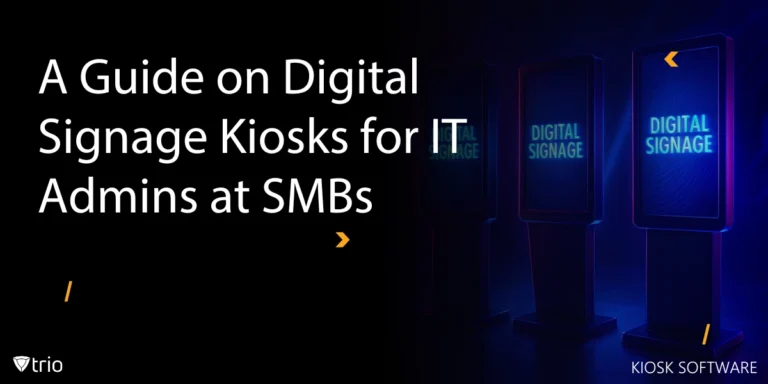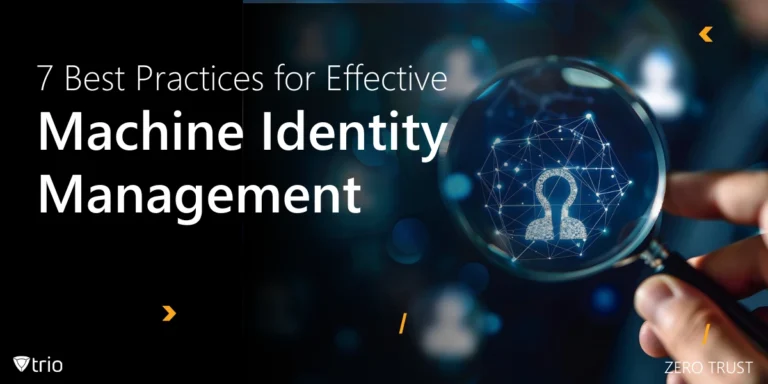Electronic communications have become the backbone of organizational operations. From emails and instant messaging to video conferencing and collaboration platforms, these tools have revolutionized how we work, communicate, and share information. However, with great power comes great responsibility. This is where an Electronic Communication Policy becomes crucial.
What is an Electronic Communication Policy?
An Electronic Communication Policy is a comprehensive set of guidelines and procedures that govern the use of electronic communication tools within an organization. It serves as a roadmap for employees, outlining acceptable practices, security measures, and compliance requirements for digital interactions.
Why Does an Electronic Communication Policy Matter?
- Protecting Sensitive Information: In an era where data breaches and cyber attacks are increasingly common, an Electronic Communication Policy helps safeguard confidential business information and personal data.
- Ensuring Compliance: Many industries are subject to strict regulations regarding data protection and privacy. A well-crafted policy helps organizations meet these legal and regulatory requirements.
- Maintaining Professionalism: By setting clear standards for communication, the policy helps maintain a professional image both internally and externally.
- Mitigating Risks: From legal liabilities to reputational damage, a robust policy can help mitigate various risks associated with improper use of electronic communications.
- Enhancing Productivity: By providing clear guidelines on the use of communication tools, the policy can help reduce distractions and improve overall productivity.
Key Components of an Electronic Communication Policy
An effective Electronic Communication Policy should address several crucial areas:
- Acceptable Use: Clearly define what constitutes appropriate use of electronic communication tools.
- Privacy of Communication: Outline the organization's stance on privacy and monitoring practices.
- Security Measures: Detail the steps and tools used to protect electronic communications from threats.
- Compliance Requirements: Explain how the policy aligns with relevant laws and industry regulations.
- Data Retention: Specify how long different types of communications should be retained and the procedures for archiving.
- Incident Reporting: Provide guidelines for reporting and responding to policy violations or security incidents.
- Training and Awareness: Outline the organization's commitment to educating employees about the policy and best practices.
Streamlining Policy Creation with Our Free Template
Recognizing the importance of an Electronic Communication Policy and the challenges organizations face in creating one, we've developed a comprehensive Electronic Communication Policy Template. This template is designed to be easily customizable to suit the unique needs of different organizations.
Our Electronic Communication Policy Template covers all the essential aspects mentioned above and more. It provides a solid foundation that organizations can build upon, saving time and ensuring that no critical elements are overlooked.
You can download our free Electronic Communication Policy Template and tailor it to your organization's specific requirements. This template serves as an excellent starting point, allowing you to focus on the nuances that make your organization unique.
Enhancing Policy Implementation with Trio MDM
While having a well-crafted Electronic Communication Policy is crucial, implementing and enforcing it can be challenging, especially in today's diverse and often remote work environments. This is where Trio MDM (Mobile Device Management) solution comes into play.
Trio MDM is a powerful tool designed to help IT managers and organizations streamline the management of corporate devices and enforce policies like the Electronic Communication Policy. Here's how Trio MDM can benefit your organization:
- Policy Enforcement: Trio MDM allows you to push your Electronic Communication Policy to all managed devices, ensuring that all employees have access to the latest version.
- Security Implementation: With Trio MDM, you can enforce security measures outlined in your policy, such as encryption requirements and access controls, across all managed devices.
- Monitoring and Compliance: Trio MDM provides tools to monitor device usage and ensure compliance with your Electronic Communication Policy, helping you identify and address potential violations quickly.
- Data Protection: In line with your policy's data protection guidelines, Trio MDM offers features like remote wipe and data containerization to protect sensitive information on corporate devices.
- Updates and Training: Use Trio MDM to push updates to your policy and deliver training materials, ensuring that all employees stay informed about the latest guidelines and best practices.
By combining a robust Electronic Communication Policy with the powerful features of Trio MDM, organizations can create a secure, compliant, and productive digital communication environment. Are you interested in trying Trio to see how it boosts IT automation in your organization? Try Trio’s free demo today.
Conclusion
In an era where electronic communications are integral to business operations, having a comprehensive Electronic Communication Policy is no longer optional—it's a necessity. This policy serves as a crucial tool in protecting your organization's interests, ensuring compliance, and fostering a culture of responsible digital communication.
Our free Electronic Communication Policy Template provides a solid foundation for organizations looking to establish or update their policies. By customizing this template to your specific needs and leveraging solutions like Trio MDM for implementation and enforcement, you can create a secure and efficient electronic communication environment that aligns with your organizational goals and values.
Remember, in the digital age, effective communication isn't just about what you say—it's also about how you protect and manage the information you share. With the right policy and tools in place, you can harness the full potential of electronic communications while safeguarding your organization's interests.
Get Ahead of the Curve
Every organization today needs a solution to automate time-consuming tasks and strengthen security.
Without the right tools, manual processes drain resources and leave gaps in protection. Trio MDM is designed to solve this problem, automating key tasks, boosting security, and ensuring compliance with ease.
Don't let inefficiencies hold you back. Learn how Trio MDM can revolutionize your IT operations or request a free trial today!





